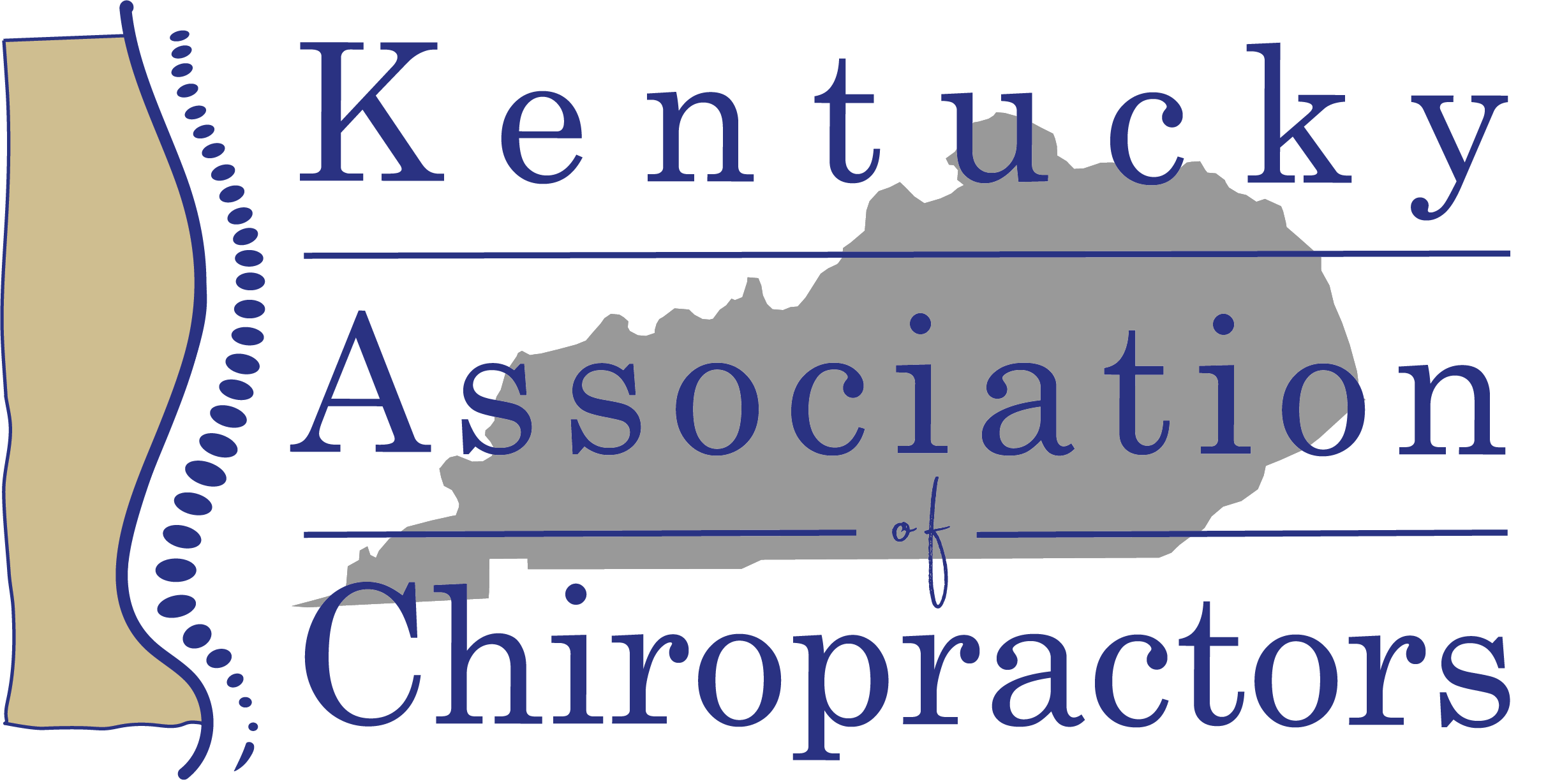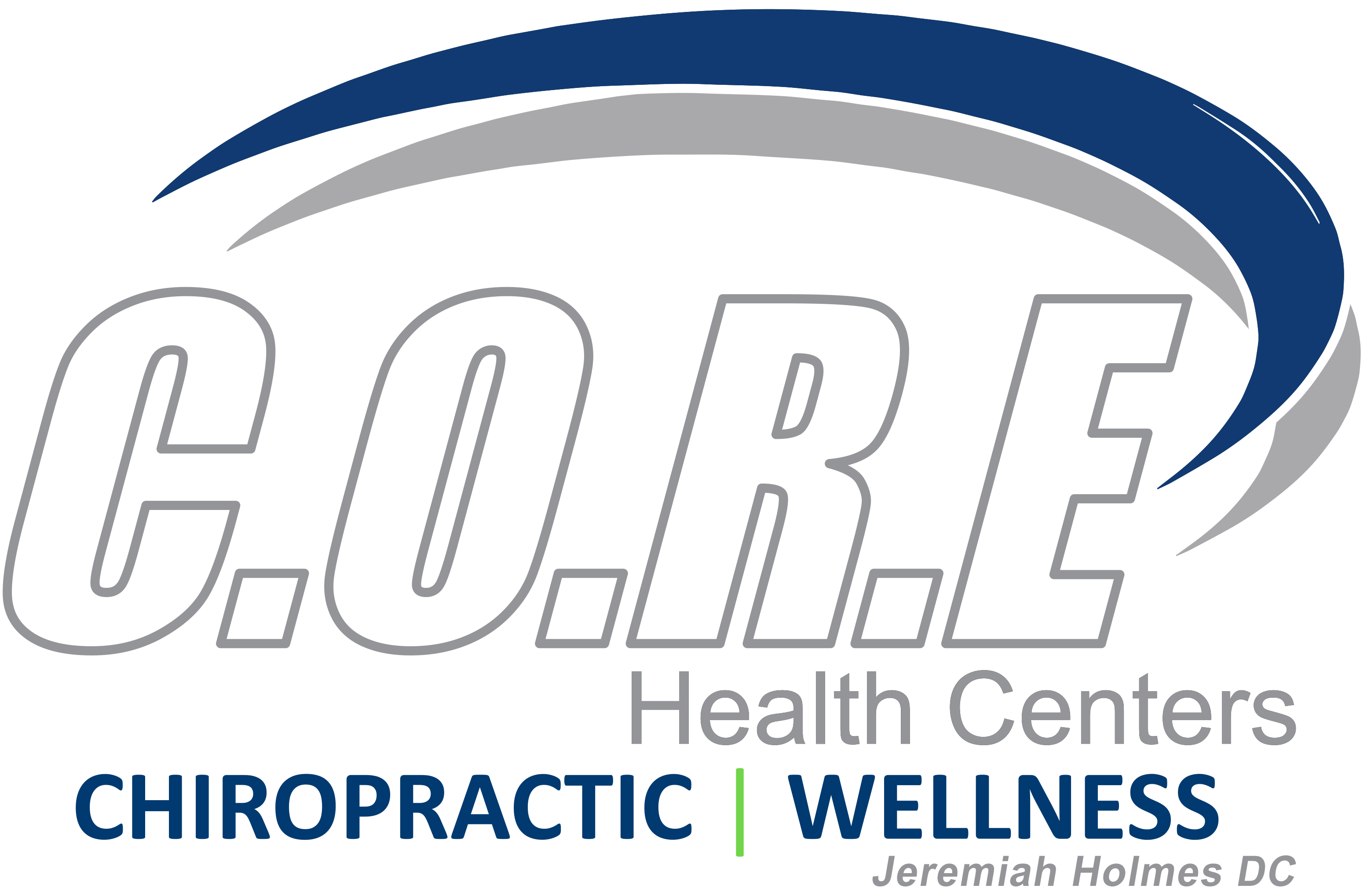Let’s be honest: Peer-to-peer calls stink! I don’t know anyone who says they look forward to making them. However, a well-executed peer-to-peer call can sometimes be a powerful tool to address inappropriate medical necessity denials. These calls usually last five to ten minutes and allow the treating chiropractor to discuss the details of a case with a representative of the insurance company. Here are seven tips to help your peer-to-peer calls be more persuasive and efficient following a medical necessity denial.
- Understand the value of an appropriate peer-to-peer call. A compelling peer-to-peer call is sometimes the best way to convey your patient’s clinical story to a reviewer. Peer-to-peer calls provide an opportunity for more interactive communication than written appeals and reconsiderations do. They allow for real-time, two-way information exchange. Questions can be asked and answered. Follow-up questions can even be asked when appropriate. This two-way communication is sometimes much more productive than written appeals, especially when the patient’s circumstances are complicated.
- Make the call promptly. Third-party payers often only allow a short time frame for the provider to make a peer-to-peer call following a decision to deny a request. Even the best explanation of why an adverse determination should be overturned will be ineffective if the denial is upheld on a technicality because you did not conduct the call in a timely manner.
- Be prepared. A peer-to-peer conversation usually goes much better if you take a few minutes to prepare for the call. Preparing in advance can save you time on the call and help you get an inappropriate denial overturned. Before the call, it is helpful to set aside a few minutes to quickly perform the following tasks:
- Read the payer’s explanation of the denial.
- Ensure that you are familiar with the guideline or policy the reviewer used to make the decision.
- Have the patient’s records available for the call.
- Gather your thoughts on what information you can share that might refute the stated reason for the denial.
- Be professional and respectful. You may sometimes be justified in your frustration with the circumstances leading up to the call. Even when these intense emotions seem reasonable, staying professional and respectful on a peer-to-peer call goes a long way toward creating a positive outcome.The person you talk to probably did not cause your frustration, but they may be able to resolve the problem if you can both work together. Stay calm, be concise, speak clearly, and foster a collaborative relationship with the other provider. If the reviewer rudely cuts you off or otherwise prevents you from sharing information, politely and calmly remind them that your patient’s situation warrants a complete explanation of the facts. Presenting the relevant information politely and respectfully may put the other person firmly on your side later if they can influence the outcome of the next step in the review process. Additionally, the other person may be more willing to provide you with valuable information or ask important follow-up questions if you foster trust and mutual respect from the onset of the call.
- Stay on topic. Use the call to refute the stated reason for the denial. For example, third-party payers sometimes deny care because the records do not demonstrate that a patient has a clinically meaningful functional deficit. In this situation, little good will come from explaining how much better the patient is since starting care. Instead, use the call to address the reason for the denial by discussing the functional deficits that remain. If you choose to talk about topics outside of the reason for the denial, this might prolong the call unnecessarily and consume more of your valuable time. Unnecessary discussions might also detract from the more critical information that will help to get the denial overturned. Consequently, steering the call too far off course often reduces the odds of the decision being overturned.
- Ask what records they have. Providers sometimes presume that a third party has all the patient’s records, even if the organization never received them. Asking the reviewer what records they have will remove any doubt about what information they reviewed. If the reviewer does have the records, you can point them to specific sections of your notes with relevant information. You may also be surprised to learn that the health plan did not receive the records. It is sometimes even more surprising to discover that someone accidentally sent incorrect clinical information to a third party. Taking a few seconds to confirm what records they reviewed will help you know where to focus your attention on the call and may save you a lot of headaches later.
- Learn from the experience. Even when your call is effective and the original decision is overturned, there are usually lessons to be learned. These lessons may prevent additional calls about other patients in the future. For example, you may recognize that you provided a specific clinical detail, such as a functional assessment score, that led to the overturn of a denial. Once you acknowledge the importance of that information, you can find ways to emphasize it in future notes or prior authorization requests to prevent similar peer-to-peer calls later.
Your time is valuable. When you use that time to make a peer-to-peer call about an inappropriate medical necessity denial, you deserve an efficient call with a positive outcome. These seven tips will help you advocate for your patient more effectively. More importantly, they will help ensure that your patients have timely and sustainable access to the valuable conservative treatments that you provide.
Dr. Christopher is a Kentucky chiropractor, peer reviewer, and Certified Professional Coder (CPC) who holds a Master of Business Administration degree with a concentration in Healthcare Administration. He also holds additional medical auditing, coding, compliance, and billing certifications. He is a member of the Peer Review Committee of the Kentucky Board of Chiropractic Examiners. He also regularly contributes to insurance industry medical necessity guidelines and drafts clinical, coding, and billing guidance for national and state chiropractic associations.
This article is for informational purposes only. The opinions of Dr. Christopher contained in this article are not intended to reflect the position of any other entity on this topic. Therefore, Dr. Christopher’s opinions may differ from the official position of the Kentucky Association of Chiropractors. Dr. Christopher is also not serving as a representative or agent of any entity for whom he works, has worked in the past, or will work in the future. Providers should also consider any relevant statutes, regulatory guidance, or individual carrier policies that may pertain to each unique situation.


